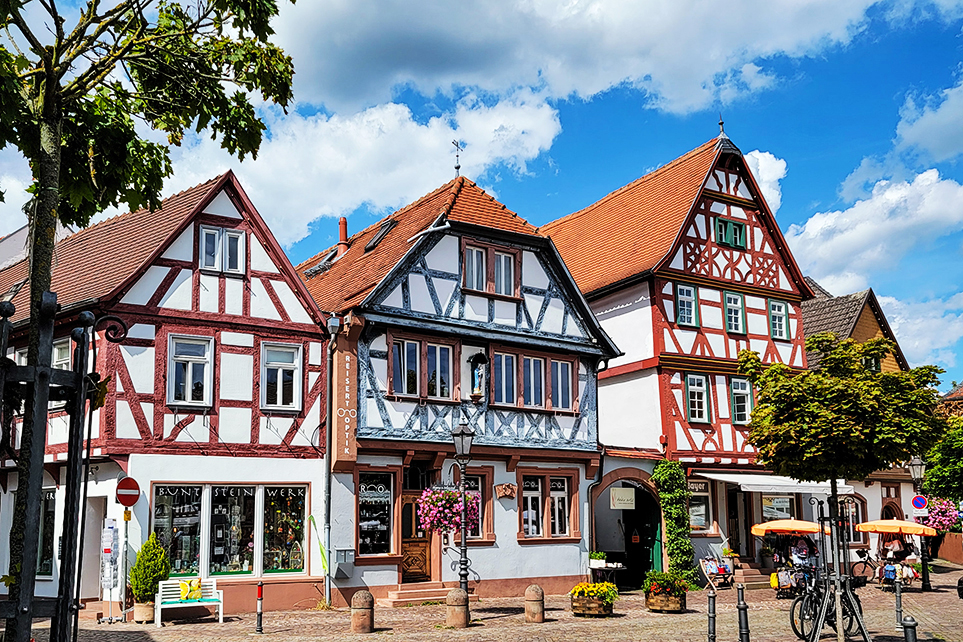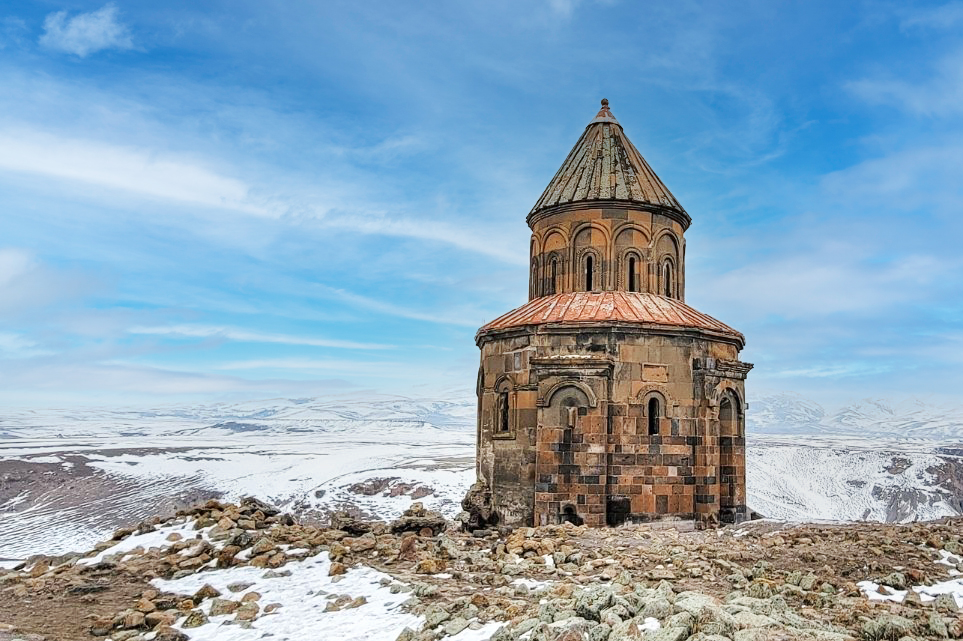
Antalya is often associated with impressive waterfalls, stunning beaches, historical sights, delicious food, and friendly people. But you may not know that Antalya is the capital of Turkey’s agriculture industry. As you drive from city to city, you will see acres of greenhouses filled with tomatoes, zucchini, strawberries, peppers, and other types of vegetables or fruits. You may also discover that over 2,000 acres of Antalya use a hydroponic farming method which is more efficient farming.

YALÇIN YILDIRIM
At a social gathering, I met a young farmer named Yalçın Yildirim, with whom I had an interesting conversation about his life as a farmer. Later, I asked if he would share his experience as a farmer and give me a tour of his greenhouses. He welcomed the idea with a big smile, so we followed up with a visit a few days later.
Yalçın grew up farming with his family and neighbors. As he became a young man, spending much of his time working the farm with his mother, he decided to study agriculture engineering. After learning theoretical lessons on agriculture, he interned at several large agriculture companies. This set the stage as he launched his career in greenhouse farming.
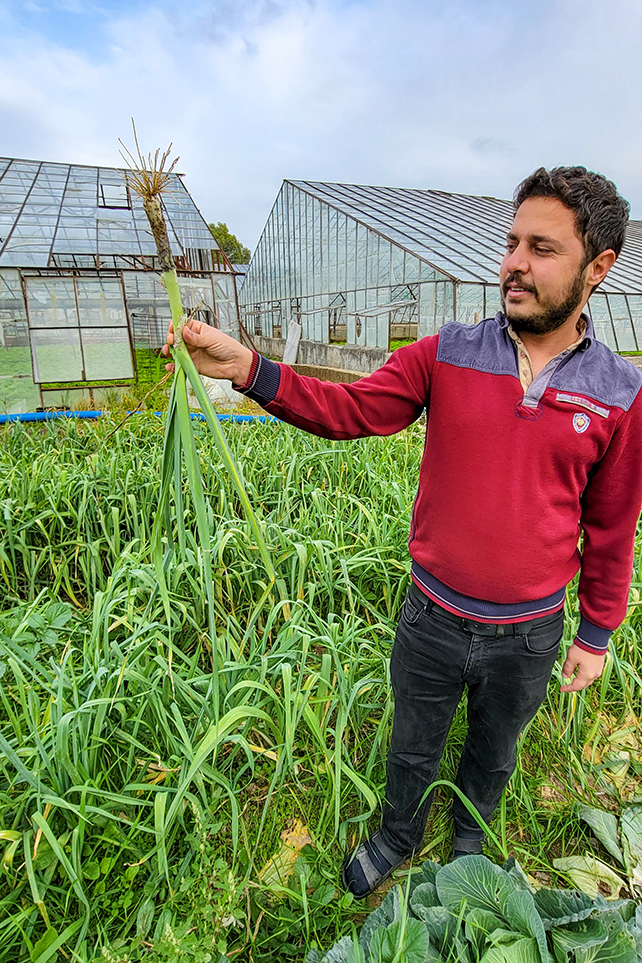
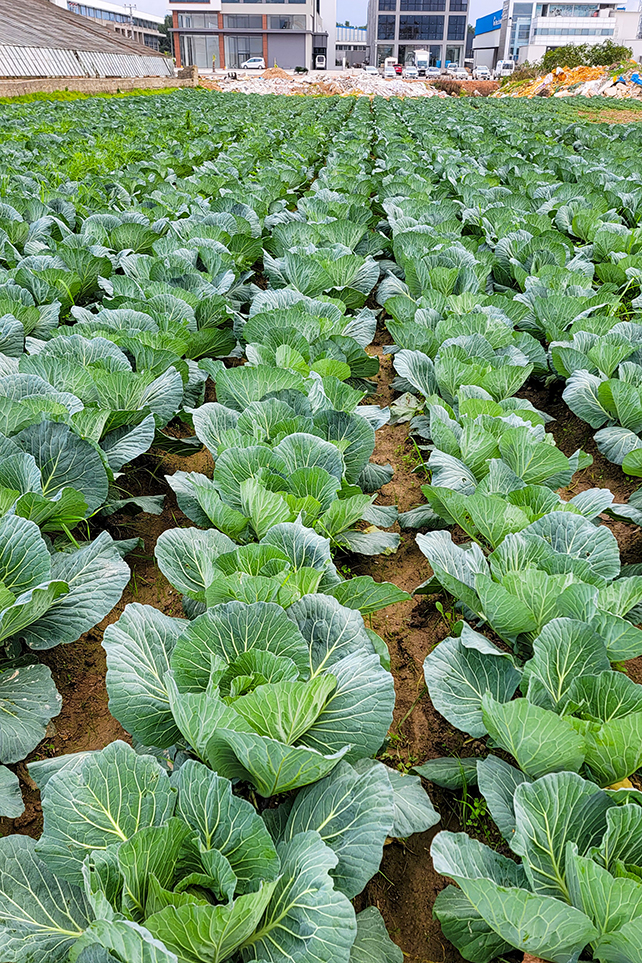
YALÇIN’S GREENHOUSE
At the time of our visit, Yalçın was growing lettuce and zucchini, but this will change with the seasons. He has found that greenhouse farming allows him to control the climate and reduce stress to the plants producing more vegetables or fruit. Prior to greenhouse farming, he was limited in the winter months due to weather and other challenges, but the challenges were eliminated with greenhouses.
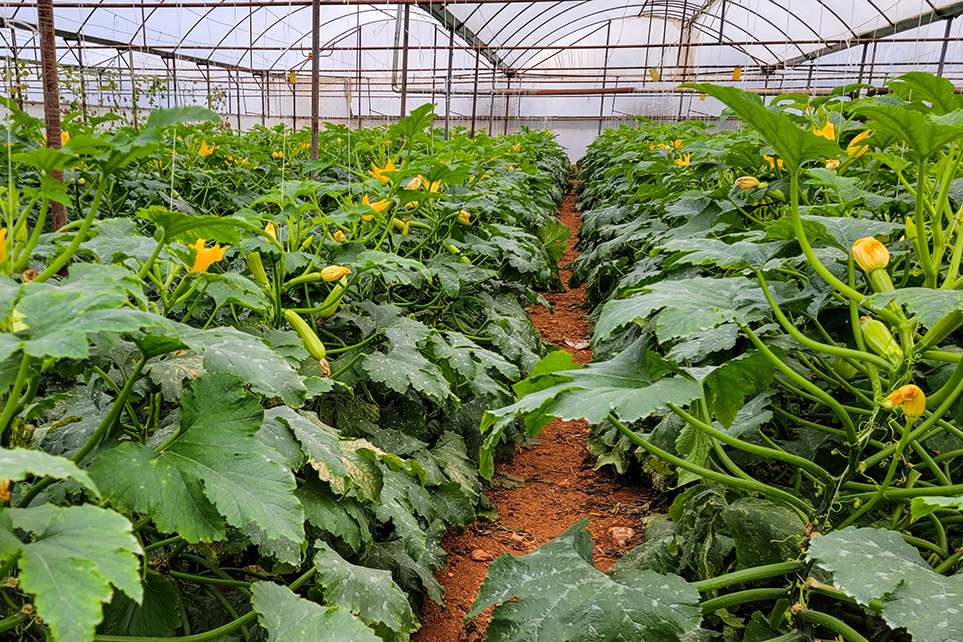
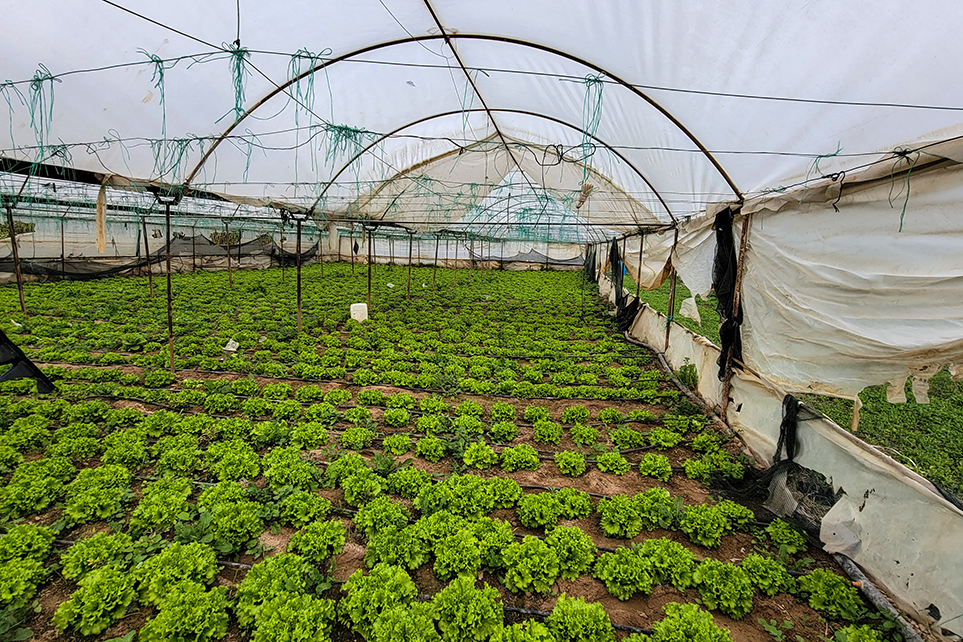
FARMING PROCESS
The soil is prepared before seedlings are planted, and an irrigation system is laid in the greenhouses. Then seedlings (5700 seedlings) are planted. The plants are irrigated heavily for three days, and root fertilizer is added to help strengthen the plant. Once planted, they will continue to be watered and fertilized every 2-7 days, depending on the climate and conditions of the plant.
Strings that make a geometric design from the ceiling guide viny plants to grow upward throughout the greenhouse. This makes room for plants to bear more fruit and makes harvesting easier.
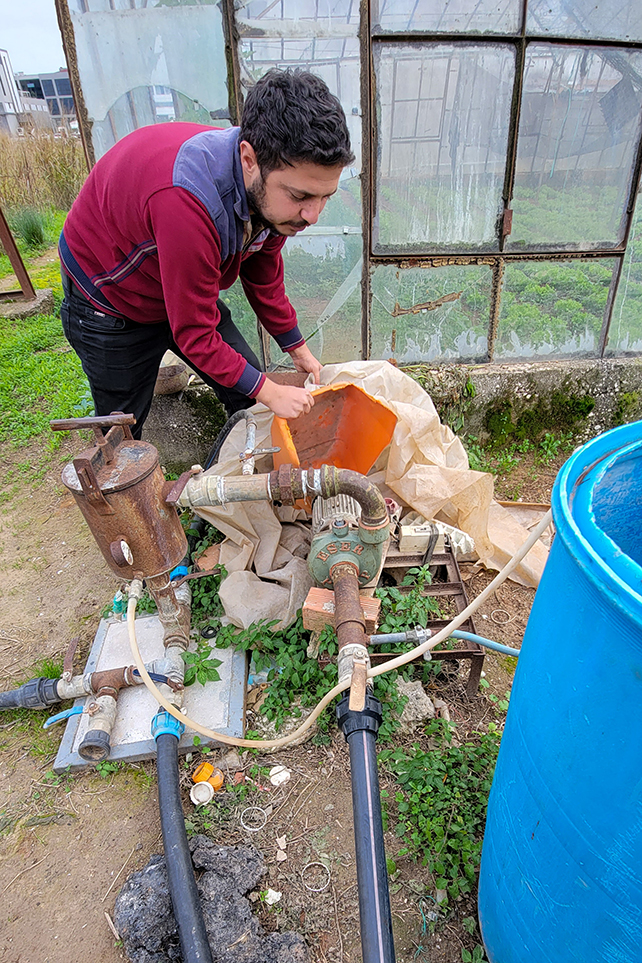
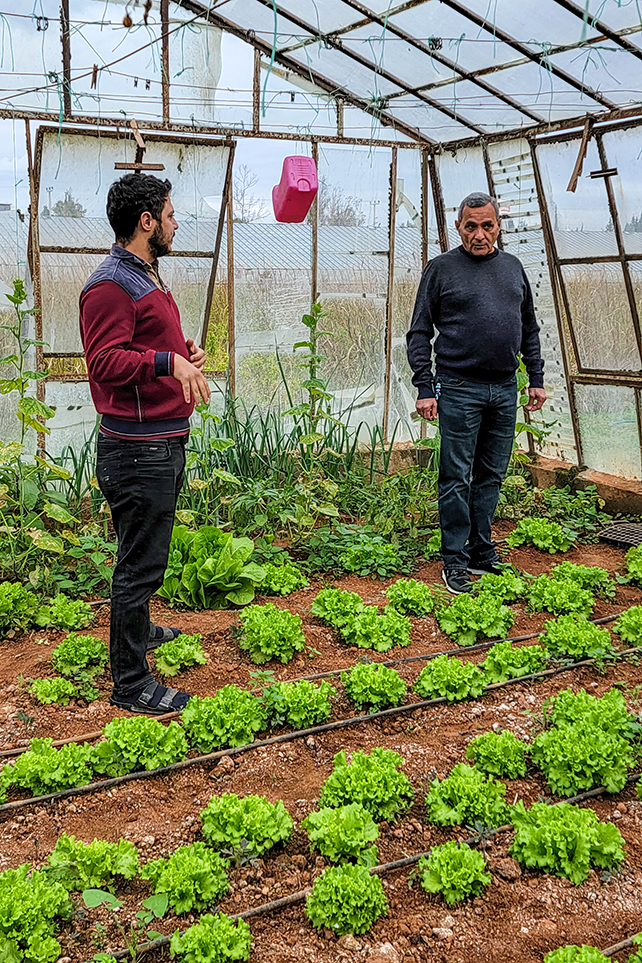
Once the plant flowers are pollinated early in the morning. Daily, Yalçın and his workers monitor the greenhouses for the plants’ climate, parasites, and health conditions. If the plants are not showing any signs of risk from insects, then they will not use pesticides. As a result, rarely are pesticides needed in his greenhouses!
Once the plants start to bear fruits/vegetables, they monitor their size and the current market price to determine when to pick. Because the plants are protected within the greenhouse from weather conditions, they can produce more vegetables for more extended periods.
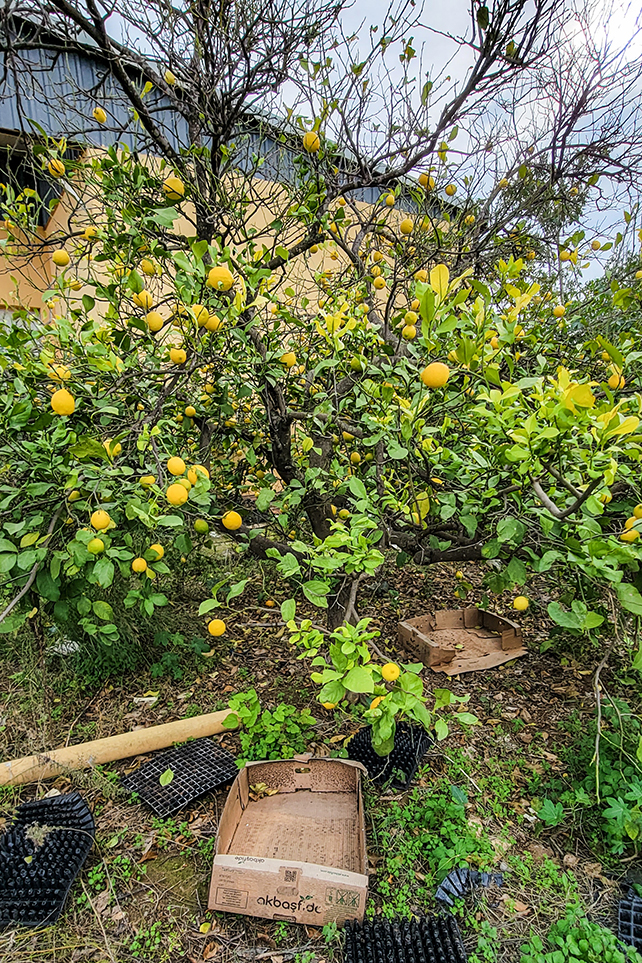
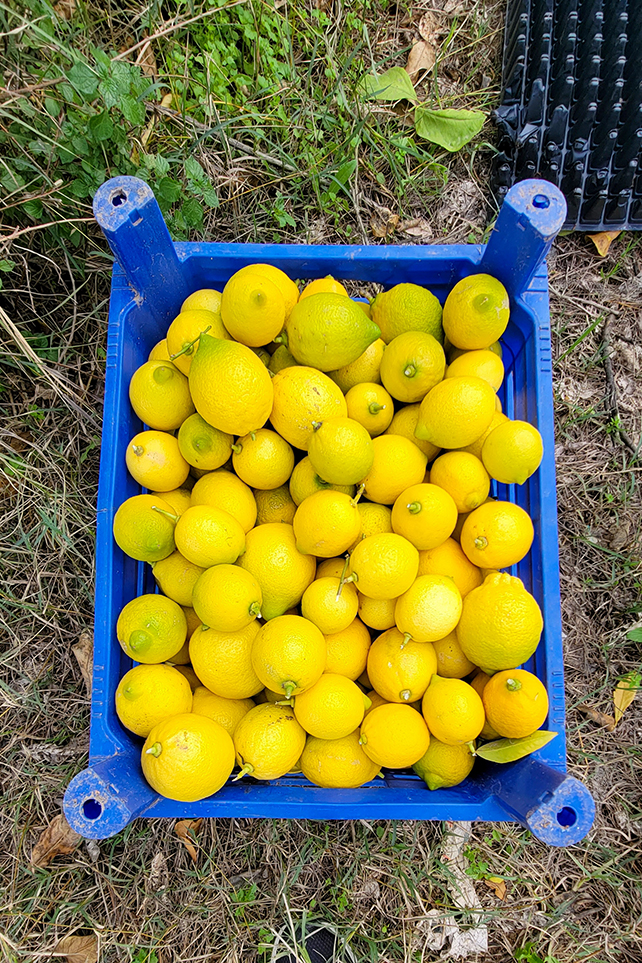
LOVE FOR FARMING
I asked Yalçın why he enjoys being a farmer. First, he said, “seeing the healthy green plants with abundant fruit takes away any bad feelings he has on his mind.” Working the farm is physically demanding, he said, “because of that, by the end of the day, I’m so tired from farming, I sleep well at night.”
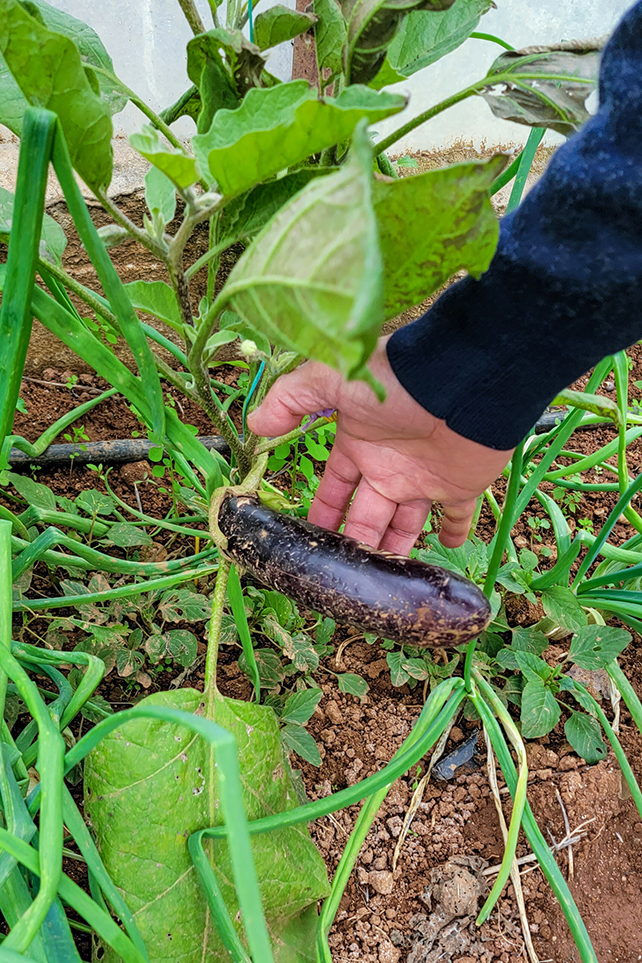
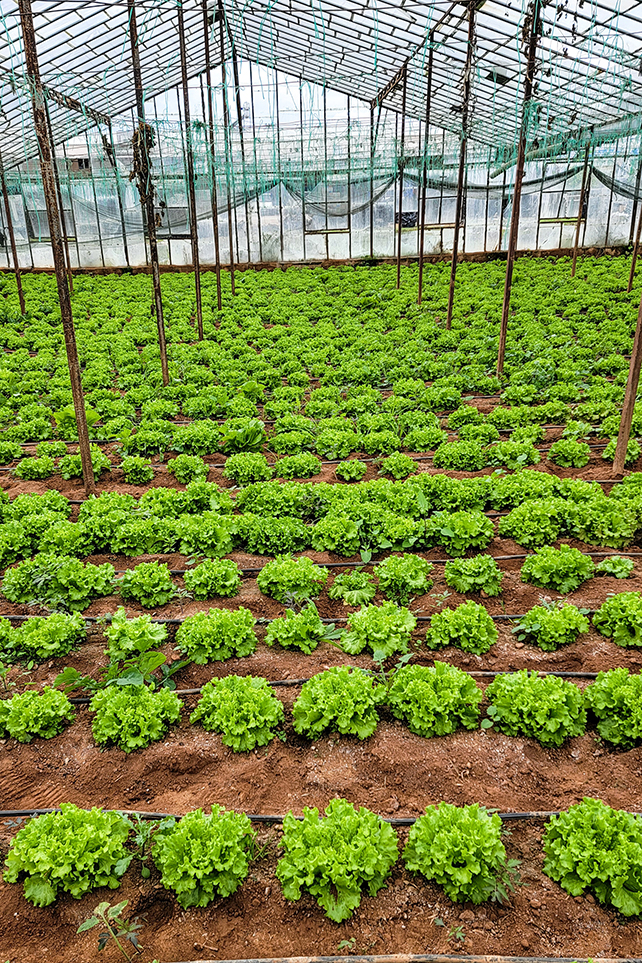
CHALLENGES OF FARMING
One of the biggest challenges of farming in Turkey is that the farm’s success is entirely on the backs of the farmer. If the crop is destroyed by weather or disease, Turkey does not have subsidized or assistance programs to help farmers. In addition, the price of fruits and vegetables fluctuates; therefore, farmers don’t have a fair market value system to help gauge pricing to determine what they should get for their crop.
Due to the current struggles of Turkey’s economy, the price of electricity, fuel, and fertilizer has doubled in cost to the farmer. Wholesalers cannot absorb this cost increase, forcing them to pass it on to the consumer. This has been very frustrating for many farmers in Turkey.
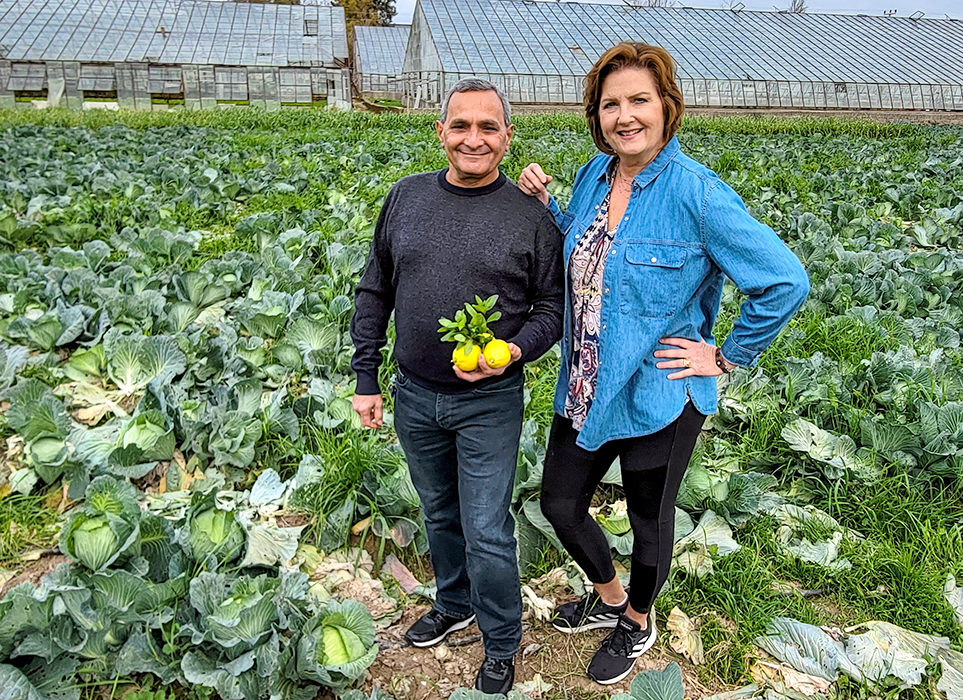
FAMILY VISIT
After touring Yalçın’s greenhouses and learning about his farm, his family invited us into their home for tea and sweets. Although we could not communicate (not speaking the same language), we could share smiles and hand motions, as Yalçın did his best to translate. In addition, his kind mother was so gracious to us as she made us feel welcomed.
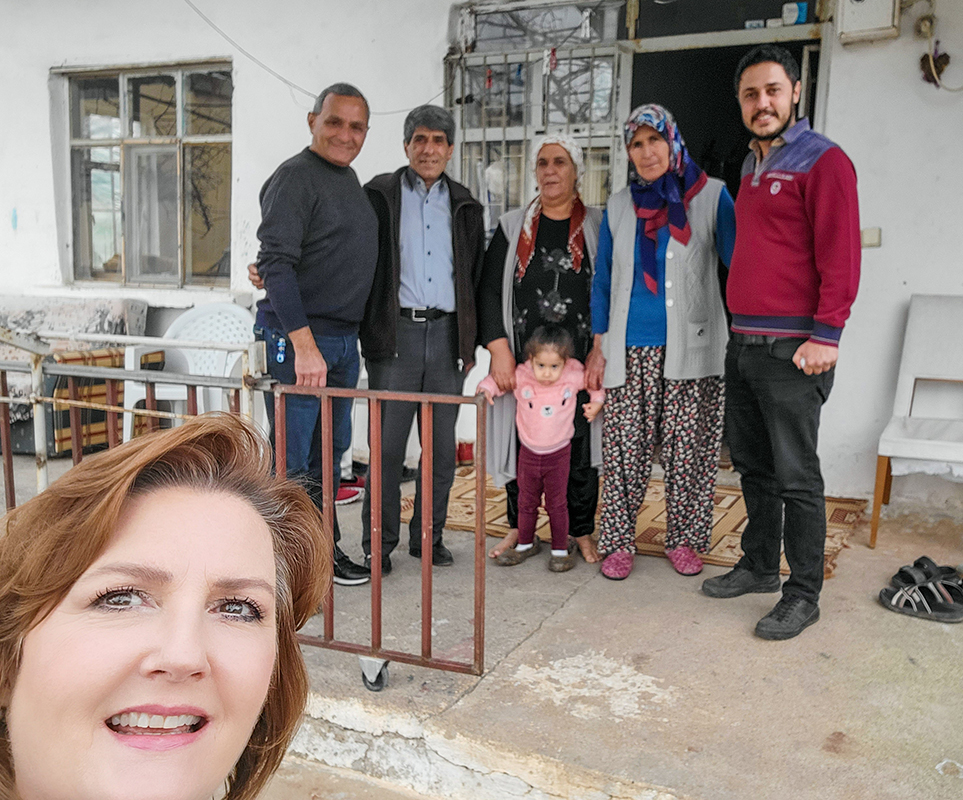
GREENHOUSE PRODUCTION
Greenhouse production provides fresh produce for consumers year-round. Using greenhouses provide small-scale farmers a steady income year-round. Greenhouse production in Turkey began in the 1940s. As the development of transportation improved, so did greenhouse farming. The annual growth rate is approximately 10% for glasshouses as well as plastic houses. Most of the greenhouses you see in Antalya are plastic houses due to the lower investment cost.
According to the Ministry of Agriculture, Antalya is home to 36% of the total greenhouse cultivation in Turkey. Antalya is favorable for greenhouse production due to the long-term average temperatures and the daily average of unlimited sunshine. Using greenhouses allows farmers to have a much wider variety of crop options to grow with higher yields. Another advantage of a greenhouse is protecting crops from diseases, pests, and predators.
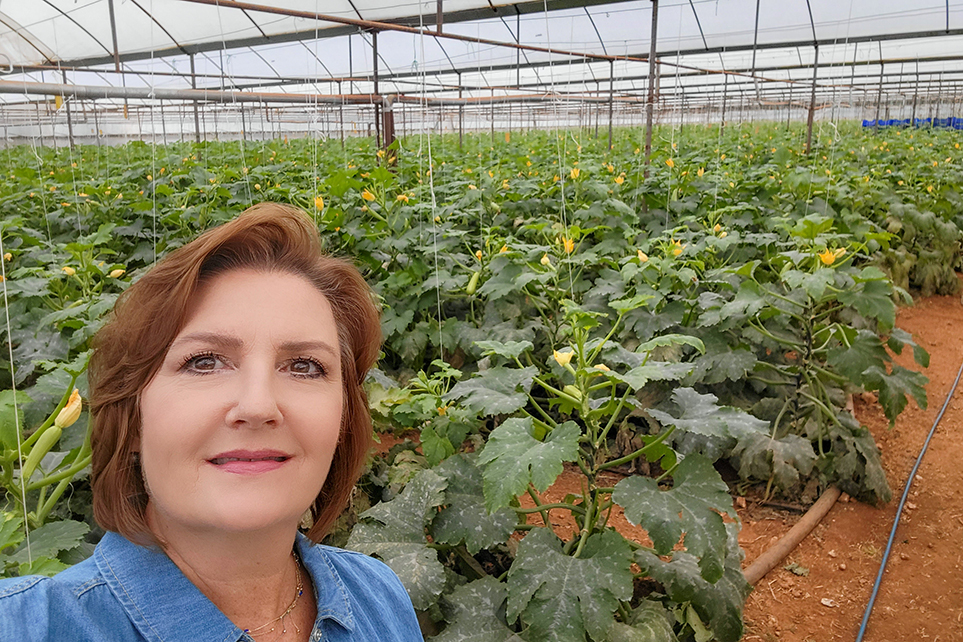
TURKEY’S AGRICULTURE
The majority of Turkish people still farm today despite the rise in service industries. Turkey is one of the few self-sufficient countries globally in terms of food. Farming is conducted in all of the regions of Turkey. Turkey, as a country, is the largest in agricultural lands. Turkey is the world’s top producer of apricots and hazelnuts. The robust production allows Turkey to maintain a significantly positive trade balance thanks to its position as the largest exporter of agriculture products in Eastern Europe, the Middle East, and North Africa. Turkey is looking to position itself as the top supply center for the global market.
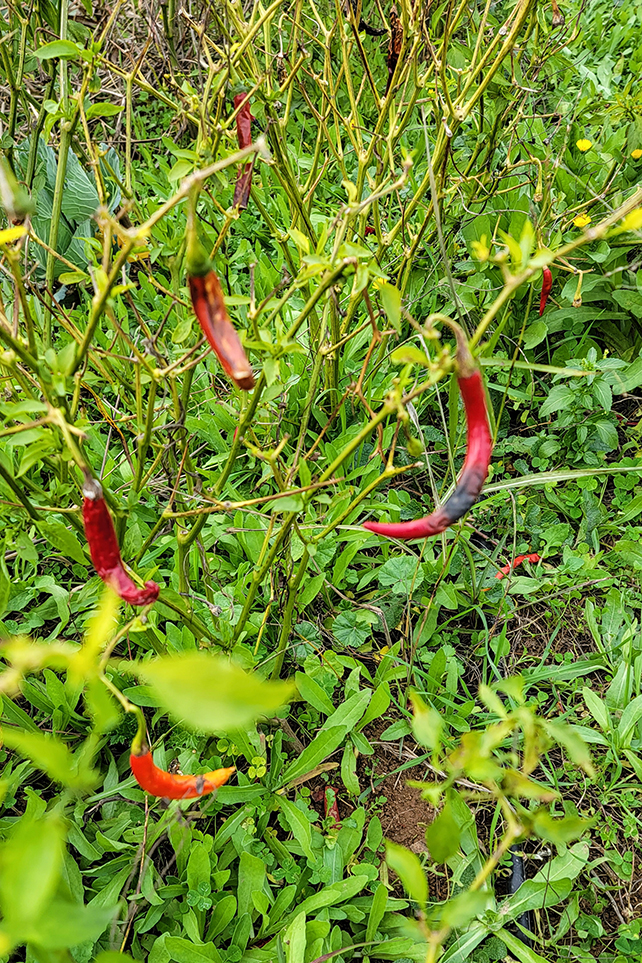
FARMING IN ANTALYA
The scope of crops grown in Antalya province includes fruits, vegetables, ornamental plants, cut flowers, medicinal and aromatic plants. The primary produce in open farms is lemon, mandarin, orange, pomegranate, olive, and mango. The primary products in greenhouses are tomatoes, peppers, strawberries, bananas, and dragon fruits. Over the years, Antalya has seen an increase in hydroponics, a modern agriculture method.
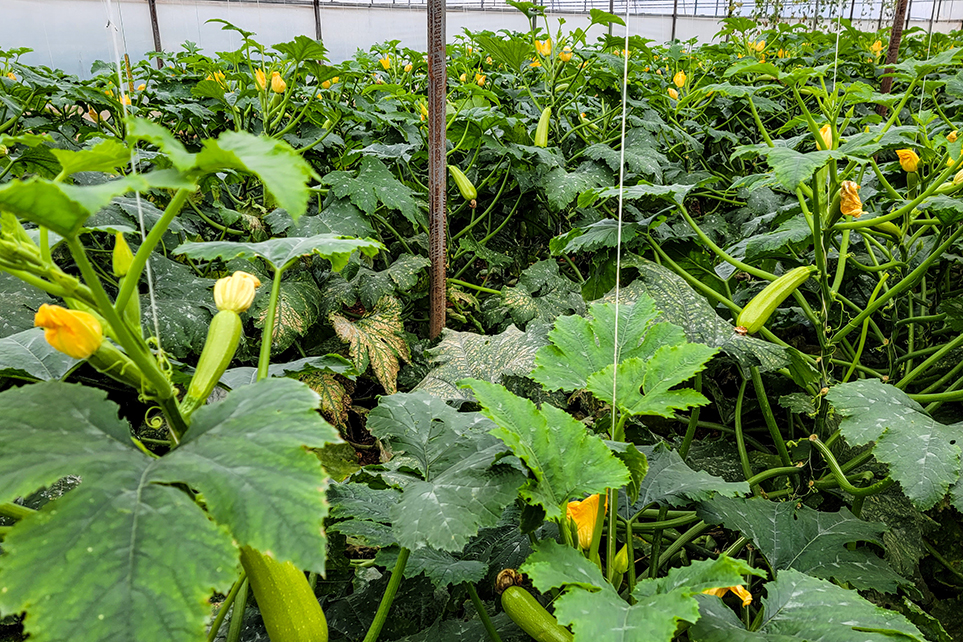
AGRICULTURE EXPORT
According to the Turkish Exporters Assembly (TIM), Turkey exported almost $20 billion worth of goods in 10 months in 2021. Agricultural made up nearly 15% of Turkey’s export sector, bringing over $2 billion to their economy. Turkey ranks in the top ten countries in exporting fruits and vegetables. A fifth of the Turkish fresh fruit and vegetable export is focused on the EU (Romania, Germany, and Bulgaria). Known mainly as a citrus exporter, Turkey primarily exports lemons and tangerines, followed by tomatoes and oranges. After Russia banned Turkish imports, Turkey leaned on the Middle East. The export to Gulf states with greater purchasing power, such as Saudi Arabia picking up the slack from Russia.
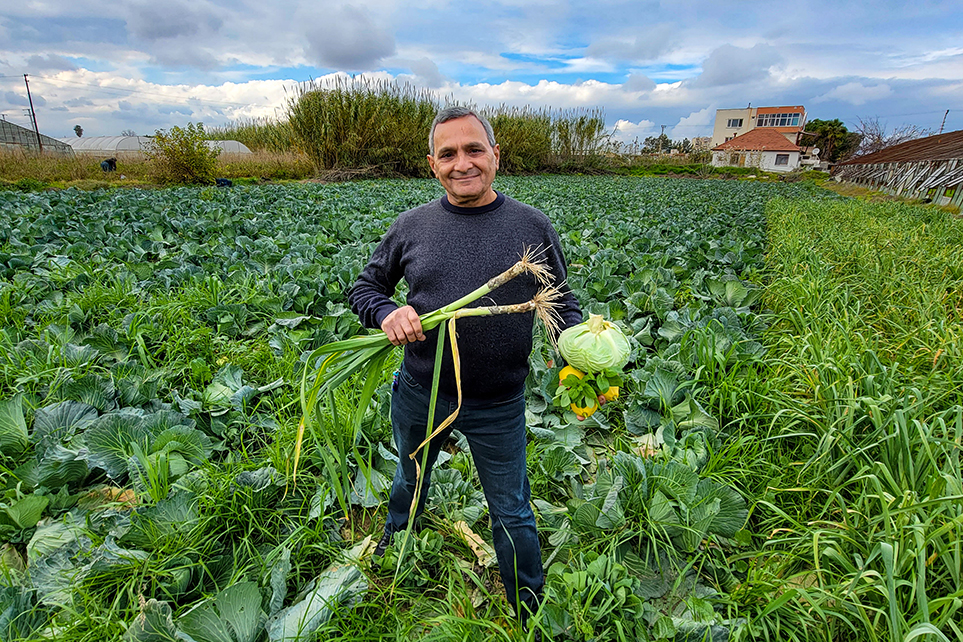
Enjoy your travels! Please read my blogs about other exciting places around the world at Traveling Lens Photography.
If you want to read more follow me on Facebook, Instagram, or Pinterest as I share my journey.
Happy Travels!




